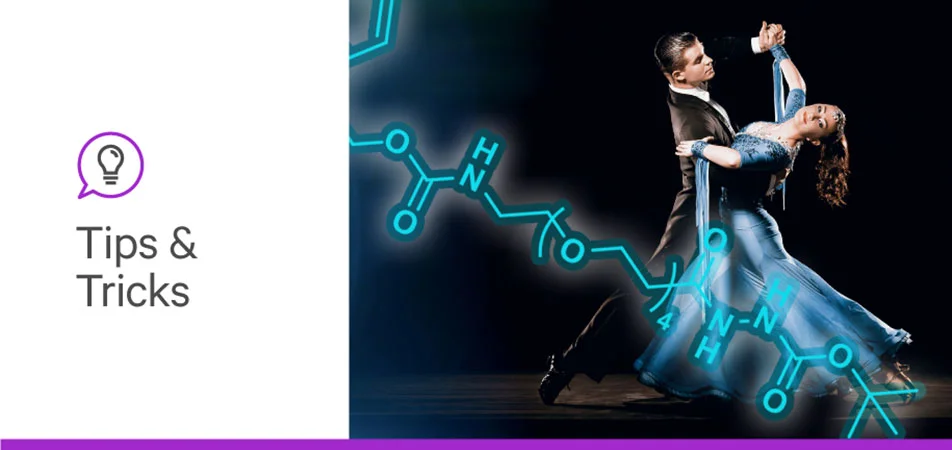
Vector Laboratories is closed for the President’s Day on Monday, February 19th. We will be back in the office on Tuesday, February 20th.
We will respond to emails upon our return. Have a wonderful day.
Menu
Vector Laboratories is closed for the President’s Day on Monday, February 19th. We will be back in the office on Tuesday, February 20th.
We will respond to emails upon our return. Have a wonderful day.
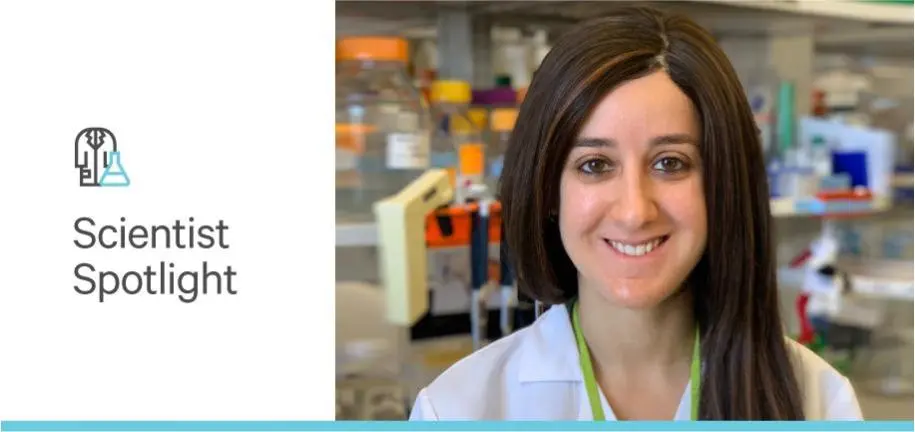
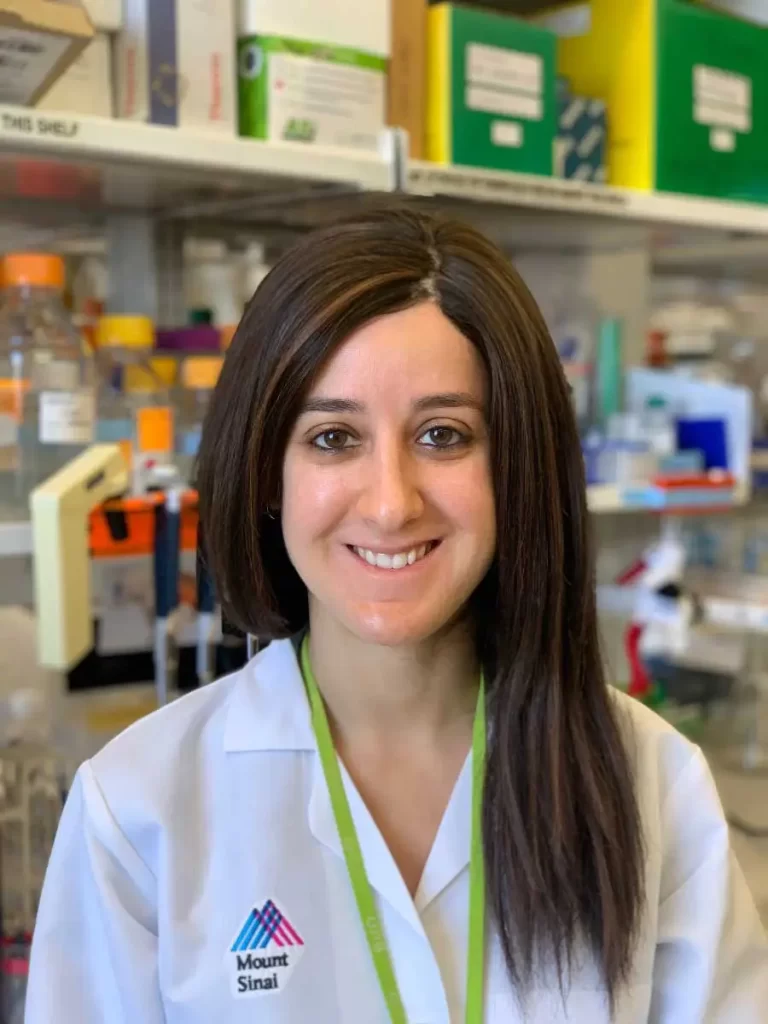
Estrella Lopez-Gordo has always been drawn to nature, with its interconnectivity and complex processes, and is keenly aware that not only are functions often redundant but replaceable, as organisms find ways to adapt to changing environmental conditions. In the context of humanity, the virologist in her always thinks in terms of how viruses can affect us and how we can potentially use them to our benefit. Her educational path began in Spain with a BSc in biotechnology (Universitat Autònoma de Barcelona; UAB), and continued with an MSc in biomedical research at the Universitat Pompeu Fabra (UPF) as she developed her interest in adenoviruses that she moved with her to the University of Glasgow in the UK for her PhD in Virology. Today she is at the Icahn School of Medicine in New York city in a postdoctoral position, focusing on the development of novel adeno-associated virus (AAV) vectors for targeted gene therapy.
“One of the subjects in my undergraduate studies was gene therapy, and we particularly touched on viruses. There are so many kinds, shapes, sizes, and structures. Some integrate into the host cell, some don’t, and their main goal is to replicate. Being so tiny, some viruses tightly rely on certain functions present in the host cell or even on other viruses to complete their ‘life’ cycle. These tiny machines are strikingly optimized and efficient, and I found that fascinating.”
While her educational path seems traditional, Estrella has also learned more than just the basics of how to think scientifically. From mentors, she also learned that science can be very messy, and how important it is to discriminate between the main question and all the tangents. It is a process that demands asking many questions, but also pursuing answers with an organized process and clear plan. Although it can be difficult to stay enthusiastic in the face of negative results, she found it essential to develop coping skills to keep being motivated by the science and translate those into life skills outside of the lab. Her upbringing also helped with that by immersing in new experiences, meeting people, learning languages, and understanding how cultures differ. This approach took her outside her comfort zone early, fostered many methods to increase creativity, and resulted in outside-the-box thinking, making her believe that there is always a way to navigate to any destination.
“I am a scientist. I work in gene therapy using viral vectors as vehicles to deliver therapeutic DNA into sick cells to correct a medical condition. The use of viruses, which were designed to take advantage of our cellular processes, as tools for our benefit is the utmost definition of human adaptation.”
While gene therapy is the ultimate goal for the use of non-pathogenic viruses, these kinds of studies also result in increasing the knowledge about how pathogenic viruses interact with the body, what cells they target, and how our body responds to them. It is important to select variants that specifically target the appropriate cells and help minimize possible side effects. Importantly, administration of just one or several doses of viral vectors can allow long-term expression of transgenes resulting in selective long-lasting therapeutic effects that can greatly impact the quality of life of patients.
“The science that I do frequently requires collection of data at specific time points, so I often have to adjust my personal life to accommodate science. Thus, I like to keep life interesting and adventurous and to give it my full attention while outside of work. I like variety in my life and that keeps my mind relaxed and my ideas fresh.”
While keeping a positive attitude where “everything is possible” is important, she also knows that it is challenging to maintain it in the long term. She knows that not every good result in the lab translates into successful clinical trials, since they can unfortunately fail at every step along the way. However, with the freedom to be creative, interact with smart and inspiring people, and test new ideas, she can overcome the uncertainty of science, especially since a great idea could potentially save someone’s life.


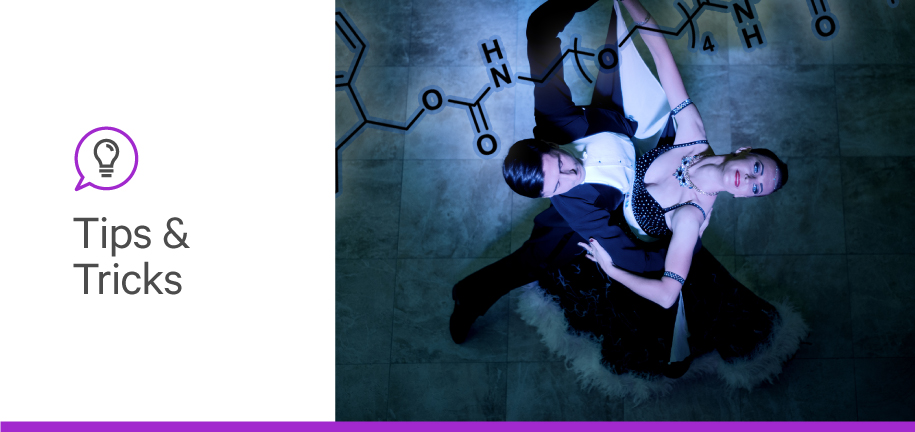

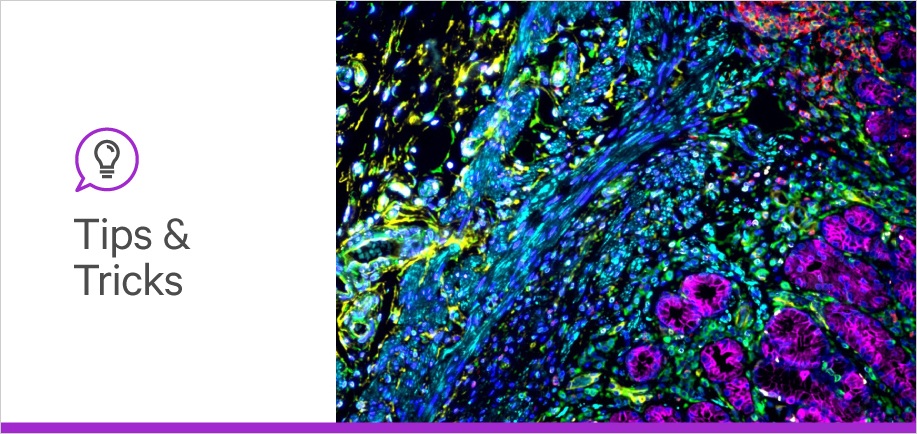
Stay in the Loop. Join Our Online Community
Together we breakthroughTM
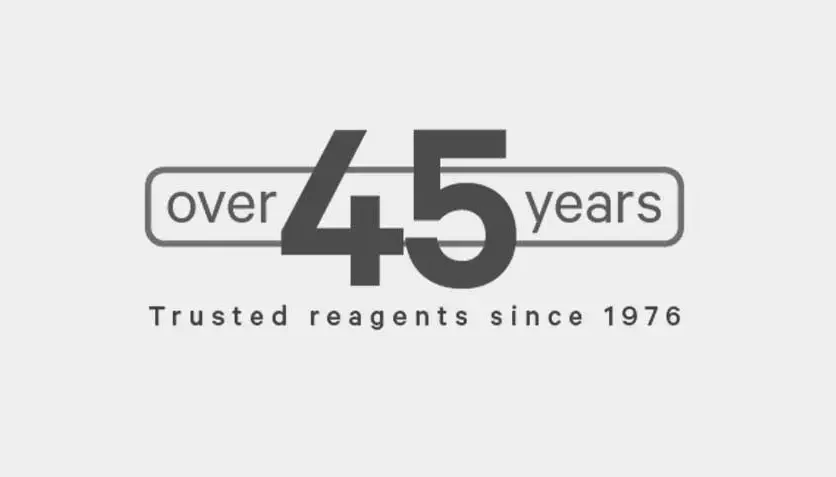
©Vector Laboratories, Inc. 2024 All Rights Reserved.